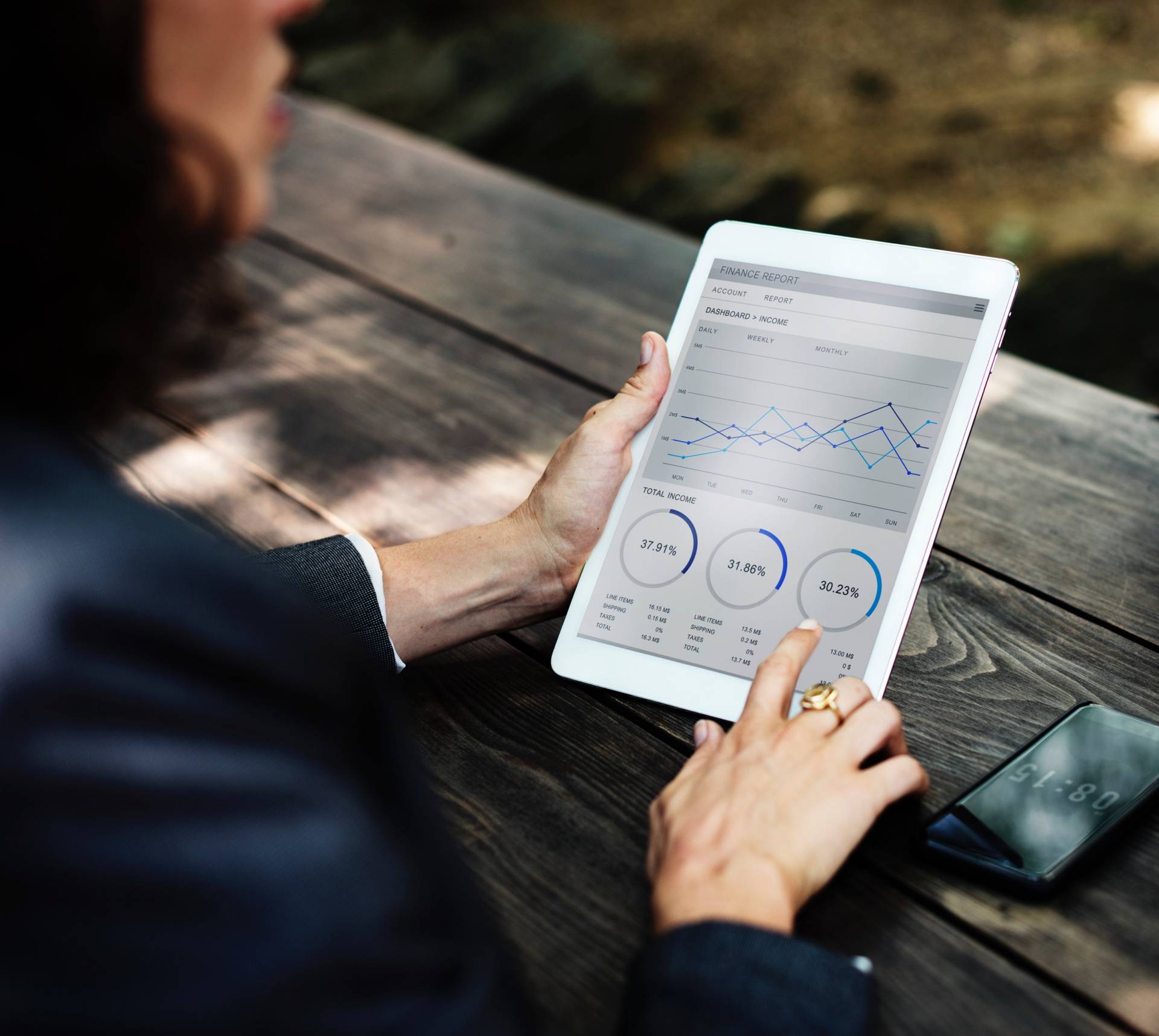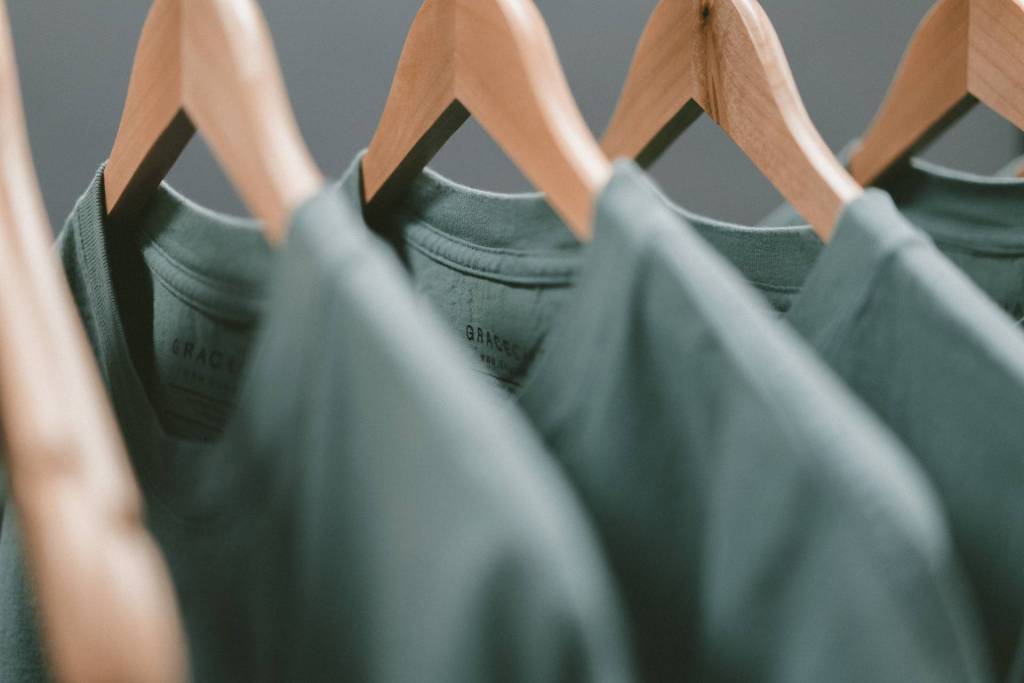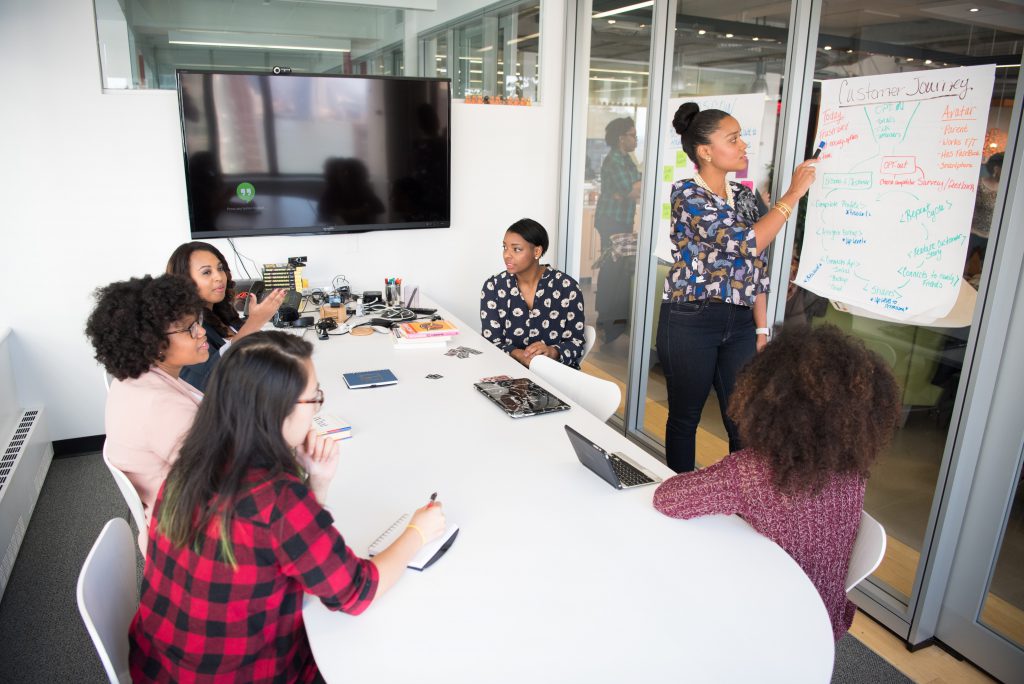 Staying up to date with the new forms of technology can be expensive and overwhelming. If you’re a small-business owner or entrepreneur, it may not be in your budget to purchase new tech every couple of years. This can leave you wondering if it makes more sense for you to buy or lease your equipment.
Staying up to date with the new forms of technology can be expensive and overwhelming. If you’re a small-business owner or entrepreneur, it may not be in your budget to purchase new tech every couple of years. This can leave you wondering if it makes more sense for you to buy or lease your equipment.
Both buying and leasing tech have their own unique benefits and drawbacks. What is right for you and your company will depend on what you’re looking for. Let’s examine some situations when you may want to consider buying, when you may want to consider leasing and what you need to know to make an informed decision.
What You Need to Know About Buying Your Tech
When you purchase your technology equipment, it’s yours. You don’t need to worry about making additional payments each month or complying with the rental company’s rules and regulations for making repairs. When you’re done with the tech, you can resell it, repurpose it or even give it away. What you choose to do with the equipment is up to you.
Purchasing your equipment also is a deductible expense. You can deduct the full expense of your equipment to save money on taxes. This can make the decision to buy rather than lease much more enticing.
Unfortunately, buying does have some downsides. Because you are the owner of the equipment, you’re stuck with it even once it becomes outdated. If you don’t have the funds to purchase a newer version, you may need to deal with older computers, phones or other tech — which may hamper your productivity.
Buying can also be difficult for new businesses just starting out. When you’re trying to get off the ground, you likely have a lot of other expenses you need to consider. Trying to purchase all new tech can be overwhelming or simply out of the question.
What You Need to Know About Leasing Your Tech
Leasing can be a better option for some companies and situations, but not all. When you first lease a product, you only need to pay a small fraction of what the tech is worth. This means you can get top-of-the-line technology for a set price each month — making you more competitive in your industry.
Leasing or renting equipment also provides you with the tech you need for a short period of time. If you do not need a piece of equipment for day-to-day business operations, such as high-tech videoconferencing equipment, leasing can allow you to get what you need for a small chunk of the price.
When you enter into a lease agreement, you also know how much money you’ll need to pay each month. Because the monthly payment amount is predetermined during the initial agreement, you won’t be caught off guard with high repair or maintenance payments you didn’t expect. Typically, the price of repairs is worked into your loan terms.
However, this also means you’ll end up paying more in the long run. A lease isn’t set up the same way a payment plan is. Traditionally, the total payment you make at the end of your lease period is higher than the actual cost of the equipment — and you don’t get to own the product in the end. You make the monthly payments, but you can’t resell the product when you’re done.
You’re also required to keep making payments as long as your lease term states. If you only use the equipment for a few months and then decide it isn’t relevant or necessary for your business, you must still make the monthly payment until the term expires.
Should You Lease or Buy Your Tech?
There is no clear answer as to whether or not you should lease or buy. However, there are some circumstances when it makes more sense to do one over the other.
If the tech is relatively cheap and you can afford to pay for it outright, it’s always a better bet to buy. You should also consider buying equipment if it is crucial for business operations and you don’t believe the investment will quickly become outdated.
On the other hand, if you believe you’ll want to replace the equipment every few years, it may be in your best interest to agree to a short-term lease with a renter. Renting or leasing your equipment is also advised if you only need the tech for a very short period of time, such as for a conference or special event.
Before you decide whether you should buy or lease your tech, consider your needs and the overall investment. If you believe this piece of equipment will be an essential part of your business success, go ahead and buy. If you see yourself wanting to trade it in for a new model in a year, go with the lease.













